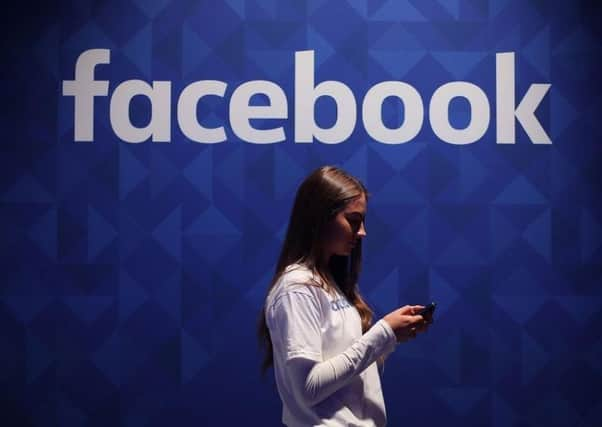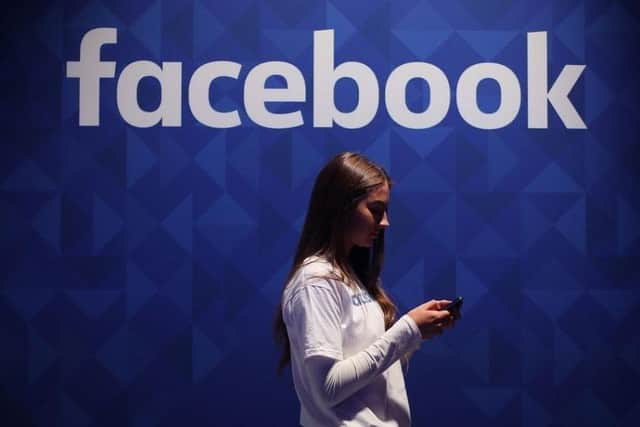How to check if your Facebook account is one of the 87 MILLION affected by the Cambridge Analytica scandal


Mark Zuckerberg said that the 87 million figure, buried near the bottom of a Facebookblog post earlier in the day, was "the maximum number" thought possible, and admitted "we don't actually know" the true total that were affected.
Previous estimates had suggested 50 million users were at risk, but as Mr Zuckerberg spoke, Cambridge Analytica claimed on Twitter that "no more than 30 million" individuals saw their data accessed.


Advertisement
Hide AdAdvertisement
Hide AdThe company also tweeted: "When Facebook contacted us to let us know the data had been improperly obtained, we immediately deleted the raw data from our file server, and began the process of searching for and removing any of its derivatives in our system."
In a rare conference call with journalists, the tech giant's founder and CEO admitted that it "didn't do enough" to protect its users and promised that the company was now committed to taking more responsibility for keeping people's data safe.


The data was gathered through a personality test app called "This Is Your Digital Life" that was downloaded by fewer than 200,000 people, but participants unknowingly gave researchers access to the profiles of their Facebook friends, allowing them to collect data from millions more users.
"We didn't take a broad enough view of what our responsibility is. That was a huge mistake. It was my mistake," he said at the start of the call.
Advertisement
Hide AdAdvertisement
Hide AdAsked by a journalist if he still thought he was the best person to lead Facebook forward, Mr Zuckerberg said "yes", adding: "I think life is about learning from your mistakes and working out what you need to do to move forward."
"When you're building something like Facebook that is unprecedented in the world there are going to be things you mess up," he added.
According to the Mirror, a new feature will be available from Monday, April 9, which will allow users to check which apps they have installed on their accounts and the data they've shared with developers.
Users will also be able to check if their account is among the 87 million likely to have been shared with Cambridge Analytica.
Advertisement
Hide AdAdvertisement
Hide AdIn Wednesday's blog post, which outlined a number of proposed changes to Facebook's terms of service in the wake of the privacy row, the company explained that it had disabled a feature that had previously allowed people to search for users by their mobile number or email address, if they chose to allow it in their settings.
Chief technology officer Mike Shroepfer, who wrote the update, said this was because "malicious actors" had "abused these features to scrape public profile information by submitting phone numbers or email addresses they already have through search and account recovery".
On the call, Mr Zuckerberg was asked about this and said: "I would assume if you had that setting turned on that someone at some point has access to your public information in some way."